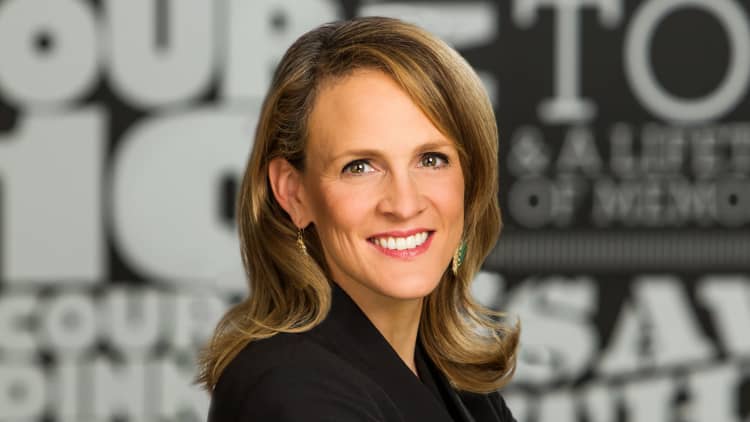If you're like most people, you don't enjoy attending meetings — not only don't you enjoy them, you probably kind of hate them. In fact, 17 percent of workers say they would literally rather watch paint dry than attend one. Eighteen percent would rather take a trip to the DMV.
More from PayScale:
Be really glad you didn't make these 9 work mistakes
7 things you should never say at work
5 job titles that sound way better than the actual job
Why do so many workers feel negatively about attending meetings, across industries and demographics? Might there be a better way? There are alternatives. Maybe it's time to rethink whether we need meetings in the first place.
The problem with meetings:
Employees dislike attending meetings for a variety of reasons, but often it comes down to a time management issue. Busy workdays that are broken up by too many appointments can be frustrating. Employees need time to get tasks accomplished, and these interruptions often seem to hamstring productivity.
"Don't your spirits rise at the thought of having an entire day free to work, with no appointments at all?" Paul Graham, an essayist and venture capitalist wrote in his 2009 essay "Maker's Schedule, Manager's Schedule" (h/t: The New York Times). "Well, that means your spirits are correspondingly depressed when you don't."
There are many reasons employees dislike meetings. But, often it boils down to feeling like they're wasting their time. Meetings can run too long, especially when there's no agenda. Employees also feel frustrated when no conclusions are drawn and when they learn nothing new from a meeting.
Who likes meetings anyway?
Some rare folks actually enjoy meetings. Perhaps there is something we can learn from them. Meetings are more enjoyable to people who keep a "manager's schedule."
In his essay, Graham explores the difference between how managers and employees experience meetings. The premise is that managers construct their workdays around a schedule and the rest of us plan our days around tasks. Managers think of their schedules in terms of hour-long blocks. But, busy employees think about everything they need to accomplish and their respective levels of priority. The end result is that managers are too often the ones enjoying, and benefiting from, meetings the most.

There are alternatives
Some organizations have found other ways to coordinate and collaborate. Sometimes these alternate strategies reduce the number of meetings that are needed. Other times they reduce the length of meetings. And sometimes they mean that a company eliminates meetings altogether. Here are a few alternative options to consider:
- Meetings existed long before email came on the scene. When the boss needs a status update these days, the goal can usually be accomplished via email.
- Texting. More and more workers are texting one another in order to communicate both in and out of the office. It can be a great way to get a quick response to a question.
- Just cancel it. If you have the power to schedule and cancel meetings, you should always consider the option to cancel when setting plans. Ask yourself, "What would happen if I canceled this meeting?" If the answer is basically nothing, then you really ought to cross it off the calendar.
- Use collaboration software. There are so many project management and communication tools available to businesses these days. Utilizing a tool like this could save a lot of time.
- Try scheduling the meeting for Tuesday afternoon. Research has found that Tuesdays (at 2:30 p.m., to be precise) is the best time to have a meeting. Folks have already gotten to dig into the week, but they aren't as stressed about meeting deadlines as they might be later on.
Like this story? Like CNBC Make It on Facebook.
Don't miss: The 10 highest-paying entry- and mid-level jobs



